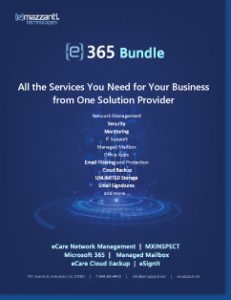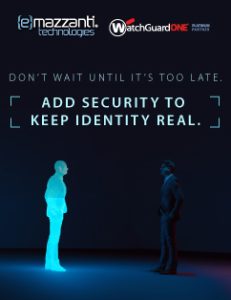|
Have you been thinking about setting up shop online? Taking your goods and services to the Internet will increase your business potential in many ways. However, e-commerce requires a commitment to securing transactional details, including credit card information from customers. As e-commerce has grown, so have security threats. Identity theft, data security breaches and phishing continue to top the list of consumer complaints. All of these factors undermine trust in digital commerce, and that is why it’s important for any small business to take the necessary steps to reduce customer concerns about shopping and banking online. Payment gateways The payment gateway provider you select should maintain their operations in state-of-the-art datacenters and utilize the latest security methods. They should also be fully compliant with major credit card providers’ security initiatives, including the Visa Cardholder Information Security Program (CISP), MasterCard Site Data Protection (SDP), and Discover Information Security and Compliance (DISC). Also, any payment gateway you work with must be certified as a PCI Level 1 service provider. If you are considering using a lesser-known provider, verify that the service is compliant with all these initiatives. Otherwise you could end up paying higher fees, having your account closed, or having your organization added to credit card processing blacklists. Deterring fraud
Conclusion Of course, your own business should adhere to the same stringent security guidelines you expect of your gateway provider. At a time when identity theft and fraud is on the rise, you need to ensure you have earned your customers’ trust before they will conduct business with you online. |

Carl Mazzanti is Co-Founder and President of eMazzanti Technologies, Microsoft’s four time Partner of the Year and one of the premier IT consulting services for businesses throughout the New York metropolitan area and internationally. Carl and his company manage over 400 active accounts ranging from professional services firms to high-end global retailers.
eMazzanti is all about delivering powerful, efficient outsourced IT services, such as computer network management and troubleshooting, managed print, PCI DSS compliance, green computing, mobile workforce technology, information security, cloud computing, and business continuity and disaster recovery.
Carl Mazzanti is also a frequent business conference speaker and technology talk show guest and contributor at Microsoft-focused events, including frequent prominent roles at the Microsoft Inspire (Worldwide Partner Conference / WPC).
Carl, a serial Entrepreneur, gives back to the community through Entrepreneur teaching engagements at Georgetown University, the company’s ocean wildlife conservation effort, the Blue Project, and Tree Mazzanti.













